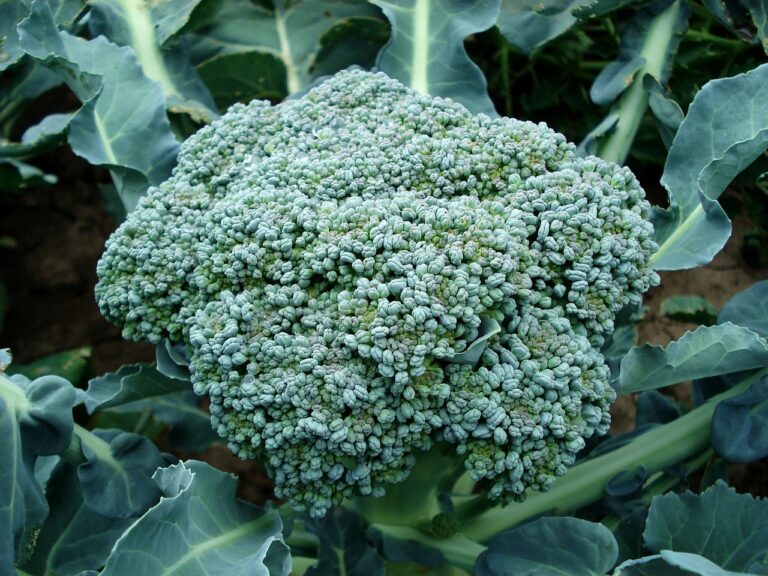The Role of Tradition in Modern Distilling: Balancing Heritage with Innovation
world777, 11xplay pro, betbook247 app login:The Role of Tradition in Modern Distilling: Balancing Heritage with Innovation
Distilling has a long and storied history, dating back centuries to when alchemists first experimented with converting grains and fruits into potent spirits. Over the years, distilling has evolved into a sophisticated art form, with distillers around the world meticulously crafting unique blends that showcase the flavors and aromas of their chosen ingredients.
In recent years, the craft distilling movement has gained momentum, with an increasing number of small-batch distilleries popping up in various regions. These distillers are often drawn to the industry by a passion for tradition, seeking to learn and honor the time-honored techniques that have been passed down through generations. At the same time, they are also eager to push the boundaries of what is possible, experimenting with new ingredients and processes to create innovative and distinctive products.
The balance between tradition and innovation is a delicate one, requiring distillers to navigate a complex landscape of old and new techniques. On one hand, tradition serves as a foundation, providing a roadmap for how spirits have been made in the past. These traditional methods are often steeped in history and culture, with each step of the distilling process holding meaning and significance.
However, tradition can also be limiting, stifling creativity and preventing distillers from exploring new ways of doing things. Innovation, on the other hand, allows distillers to break free from the constraints of tradition, enabling them to experiment with different ingredients, techniques, and flavors. This spirit of innovation is what drives the industry forward, pushing distillers to constantly evolve and improve their craft.
At the heart of modern distilling lies a delicate balance between tradition and innovation. Distillers must draw on the knowledge and expertise of those who came before them while also being willing to push the boundaries and try new things. By striking this balance, distillers can create spirits that are both rooted in tradition and on the cutting edge of innovation.
—
**The Importance of Tradition in Distilling**
Tradition plays a crucial role in distilling, providing a solid foundation for distillers to build upon. Many of the techniques and practices used in distilling today have been honed over centuries, passed down from generation to generation. These traditions are steeped in history and culture, with each step of the distilling process imbued with meaning and significance.
One of the most important aspects of tradition in distilling is the use of time-honored techniques. These techniques have stood the test of time, producing high-quality spirits that are loved and cherished by consumers around the world. By drawing on these traditional methods, distillers can ensure that their products are of the highest quality and consistency.
Additionally, tradition plays a vital role in preserving the heritage and identity of a distillery. Many distilleries take pride in their long histories and the traditions that have been passed down through the years. By honoring these traditions, distillers can connect with their past and create a sense of continuity that resonates with consumers.
—
**The Role of Innovation in Distilling**
While tradition provides a solid foundation for distillers, innovation is equally important in moving the industry forward. Innovation allows distillers to break free from the constraints of tradition, enabling them to experiment with new ingredients, techniques, and flavors. This spirit of innovation is what drives the industry to evolve and grow, pushing distillers to constantly improve their craft.
One of the key benefits of innovation in distilling is the ability to create unique and distinctive products. By experimenting with new ingredients and techniques, distillers can create spirits that stand out in a crowded market. These innovative products can help distilleries attract new customers and differentiate themselves from competitors.
Innovation also allows distillers to respond to changing consumer preferences and market trends. As consumer tastes evolve, distillers must be willing to adapt and innovate to meet the demands of the market. By staying ahead of the curve and experimenting with new flavors and styles, distillers can ensure that their products remain relevant and appealing to consumers.
—
**Striking a Balance Between Tradition and Innovation**
Finding the right balance between tradition and innovation is key to success in modern distilling. Distillers must draw on the knowledge and expertise of traditional techniques while also being willing to push the boundaries and try new things. By striking this balance, distillers can create spirits that are both rooted in tradition and on the cutting edge of innovation.
One way that distillers can balance tradition and innovation is by taking a gradual approach to change. Instead of completely overhauling their processes, distillers can gradually introduce new techniques and ingredients while still honoring traditional methods. This gradual approach allows distillers to experiment and innovate without sacrificing the heritage and identity of their products.
Another way to balance tradition and innovation is by engaging with the wider distilling community. By collaborating with other distillers, attending industry events, and sharing knowledge and expertise, distillers can stay informed about the latest trends and innovations in the industry. This collaborative approach can help distillers stay ahead of the curve and continue to push the boundaries of what is possible in distilling.
—
**The Future of Distilling: Embracing Tradition and Innovation**
As distilling continues to evolve, the role of tradition and innovation will become increasingly important. By striking a balance between the two, distillers can create spirits that are both steeped in history and on the cutting edge of innovation. This delicate balance is what sets the best distillers apart, allowing them to create unique and distinctive products that resonate with consumers around the world.
Moving forward, it will be crucial for distillers to continue to honor tradition while also being willing to experiment and innovate. By embracing both tradition and innovation, distillers can ensure that the industry remains vibrant, dynamic, and relevant in the years to come.
—
**FAQs**
1. What is the role of tradition in modern distilling?
Tradition plays a crucial role in modern distilling, providing a solid foundation for distillers to build upon. Many of the techniques and practices used in distilling today have been honed over centuries, passed down from generation to generation. These traditions are steeped in history and culture, with each step of the distilling process imbued with meaning and significance.
2. Why is innovation important in distilling?
Innovation allows distillers to break free from the constraints of tradition, enabling them to experiment with new ingredients, techniques, and flavors. This spirit of innovation is what drives the industry to evolve and grow, pushing distillers to constantly improve their craft.
3. How can distillers balance tradition and innovation?
Distillers can balance tradition and innovation by taking a gradual approach to change and by engaging with the wider distilling community. By gradually introducing new techniques and ingredients while still honoring traditional methods, distillers can experiment and innovate without sacrificing the heritage and identity of their products. Collaboration with other distillers and industry events can also help distillers stay informed about the latest trends and innovations in the industry.







